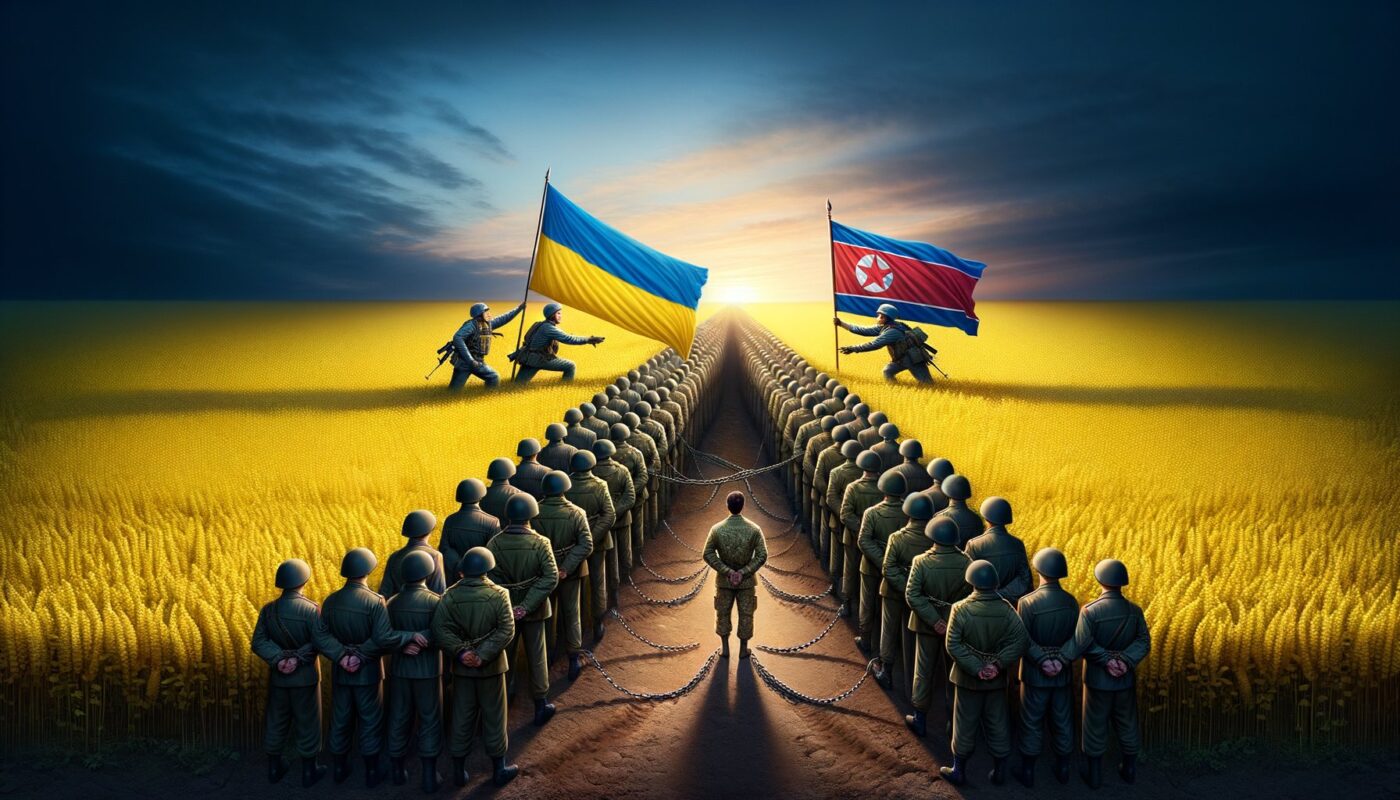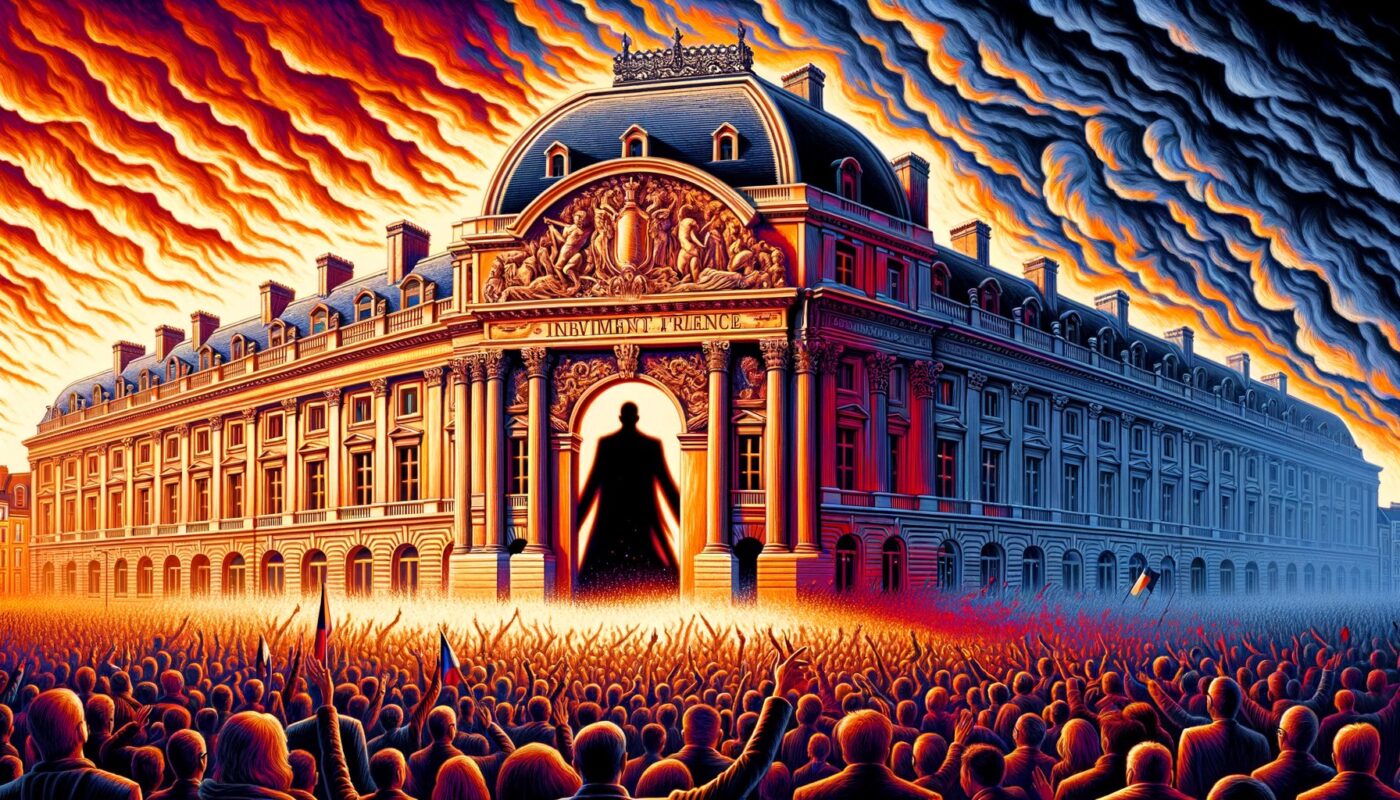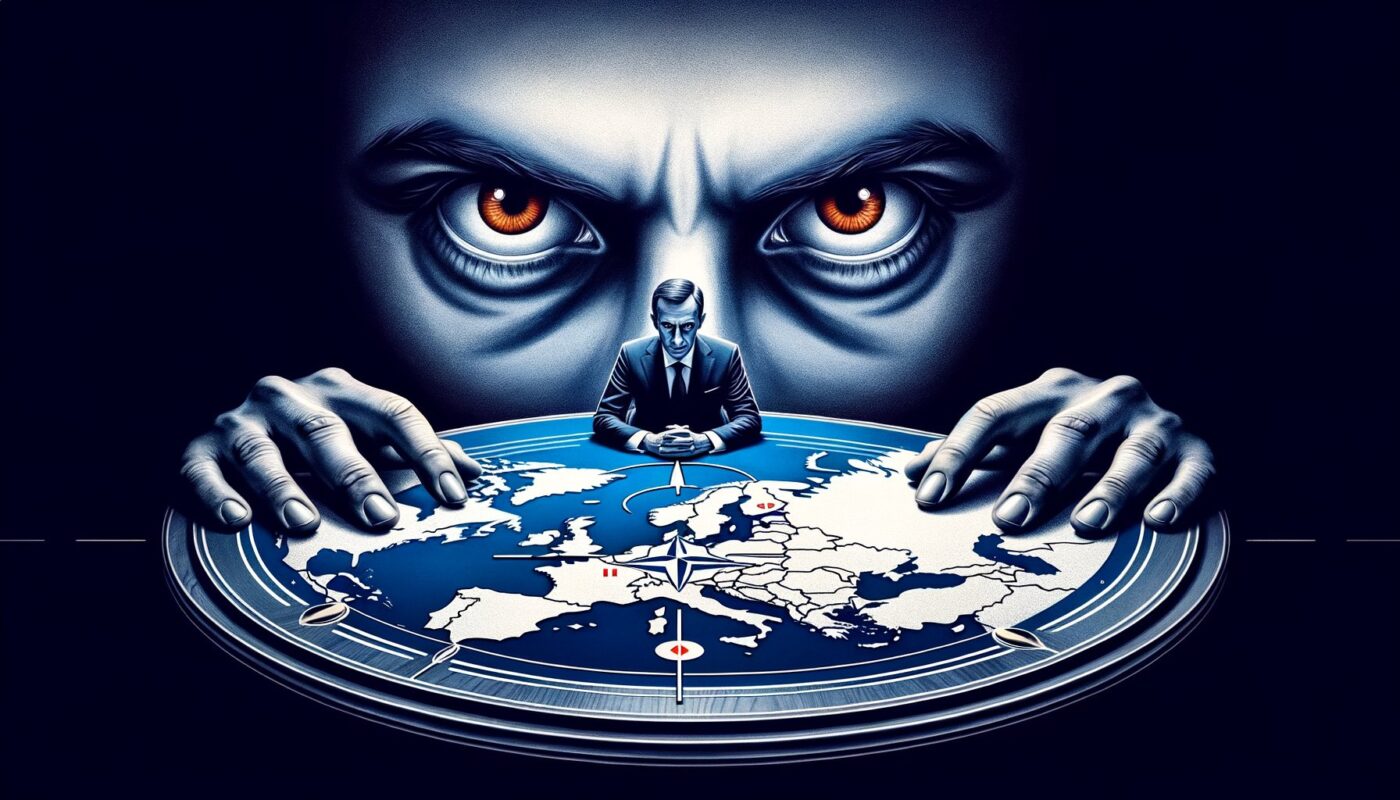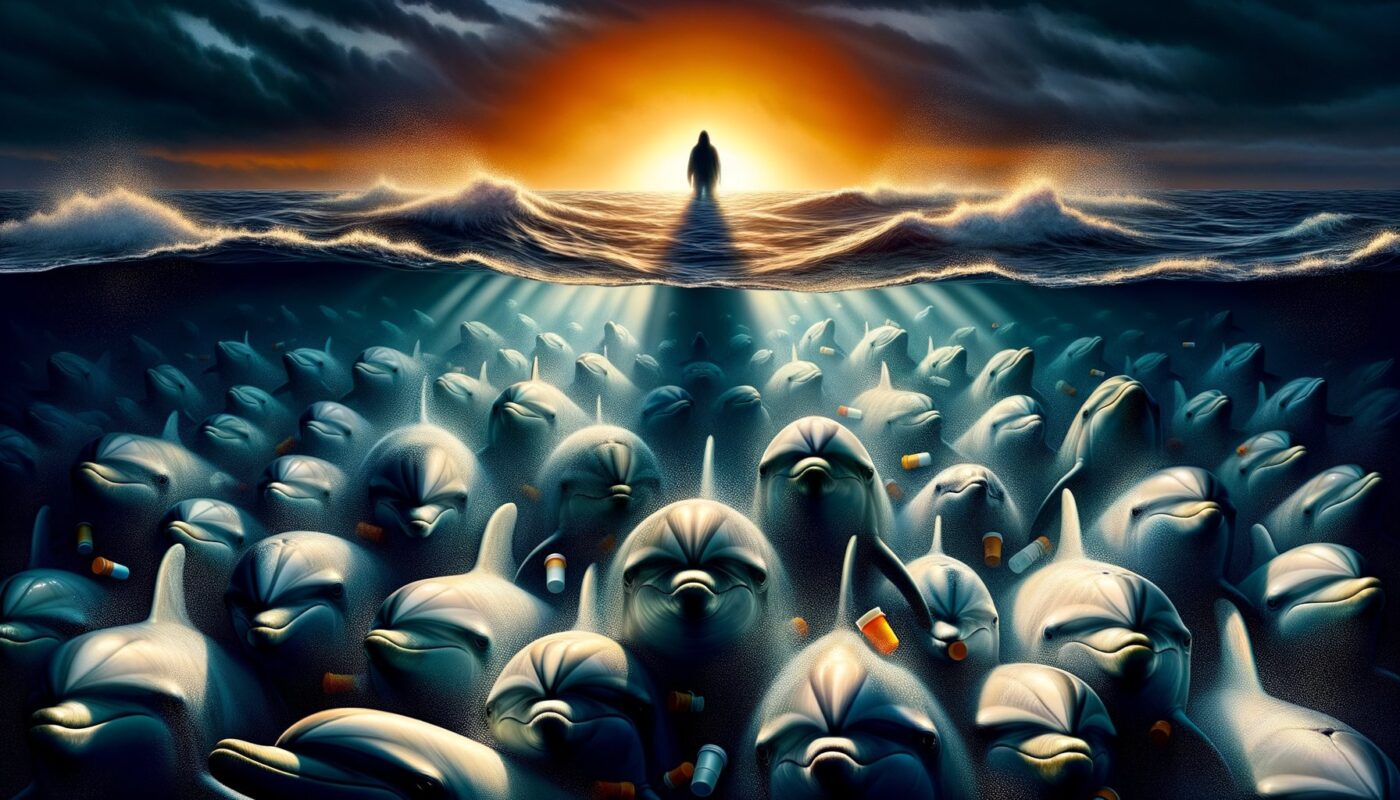Ukraine’s President Volodymyr Zelenskiy recently announced an unprecedented proposal that has caught international attention: the potential exchange of captured North Korean soldiers for Ukrainians held prisoner in Russia. This bold move aims to secure the return of Ukrainian soldiers detained amid ongoing conflicts involving Russian and North Korean forces.
The Captured North Korean Soldiers
In a dramatic turn of events, Zelenskiy revealed that Ukrainian forces had captured the first two North Korean soldiers in Russia’s Kursk region. This marks a significant development as Ukraine addresses the involvement of North Korean troops, alongside Russian forces, in the conflict that has now spanned nearly three years. While the exact number of North Korean soldiers present in the region remains unverified, Western assessments estimate around 11,000 troops have been deployed.
Offering Peace Talks Through an Exchange
Recognizing the strategic opportunity, Zelenskiy has proposed an exchange with North Korean leader Kim Jong Un. He stated, “Ukraine is willing to hand over the North Korean soldiers to their leader if he can organize their exchange for our warriors being held captive in Russia.” This proposition has raised eyebrows and debate over its potential to de-escalate hostilities or further complicate diplomatic relations.
Reactions from North Korea and Global Community
While Ukraine pushes forward with this initiative, the response from both North Korea and Russia remains uncertain. Russia has yet to confirm the presence of North Korean soldiers, and North Korea’s official stance on the exchange offer has not been made public. This situation adds a layer of complexity to the ongoing geopolitical gamesmanship. It is also worth noting that potential repercussions on global oil prices may arise, as highlighted in discussions around recent U.S. sanctions against Russia.
International Implications and Future Prospects
This development unfolds against the backdrop of a volatile geopolitical environment where alliances are tested, and consequences of military engagements have far-reaching impacts. The anticipated reactions could either pave a pathway for peace or exacerbate existing tensions. Analysts suggest that exchanges like these could prompt broader negotiations reminiscent of Cold War-era diplomacy. It’s crucial to monitor how this proposal might impact diplomatic engagements involving Russia’s allied nations.
Zelenskiy emphasizes that North Korean soldiers who wish to remain in Ukraine may have other options, particularly if they express a desire to promote peace by spreading truth about the war, as reported in various regional analyses. This aspect of the proposal might open doors for significant cultural exchange between Ukrainian and Korean societies, shedding light on the intricate dynamics of war.
In conclusion, Zelenskiy’s announcement reflects Ukraine’s determination to leverage unique diplomatic opportunities. As this story continues to unfold, observers will closely watch the responses from North Korea and Russia, as well as the international community’s engagement in this complex geopolitical chess game. For a deeper understanding of how political strategies transform global narratives, further insights can be drawn from similar historical and contemporary analyses, such as the political dynamics in Texas.
Warning : This information is indicative and without guarantee of accuracy. Consult a professional before making any decision.





